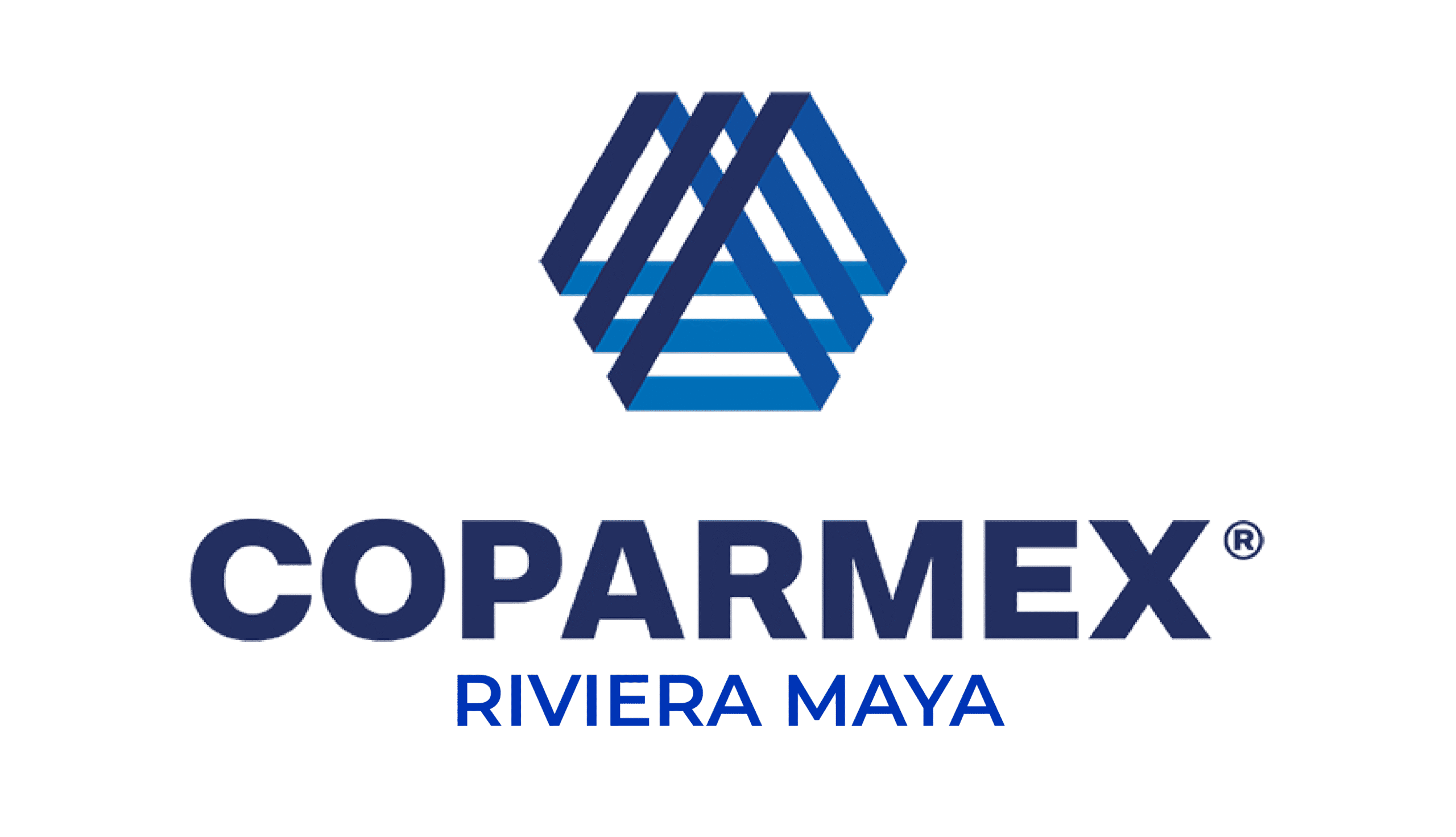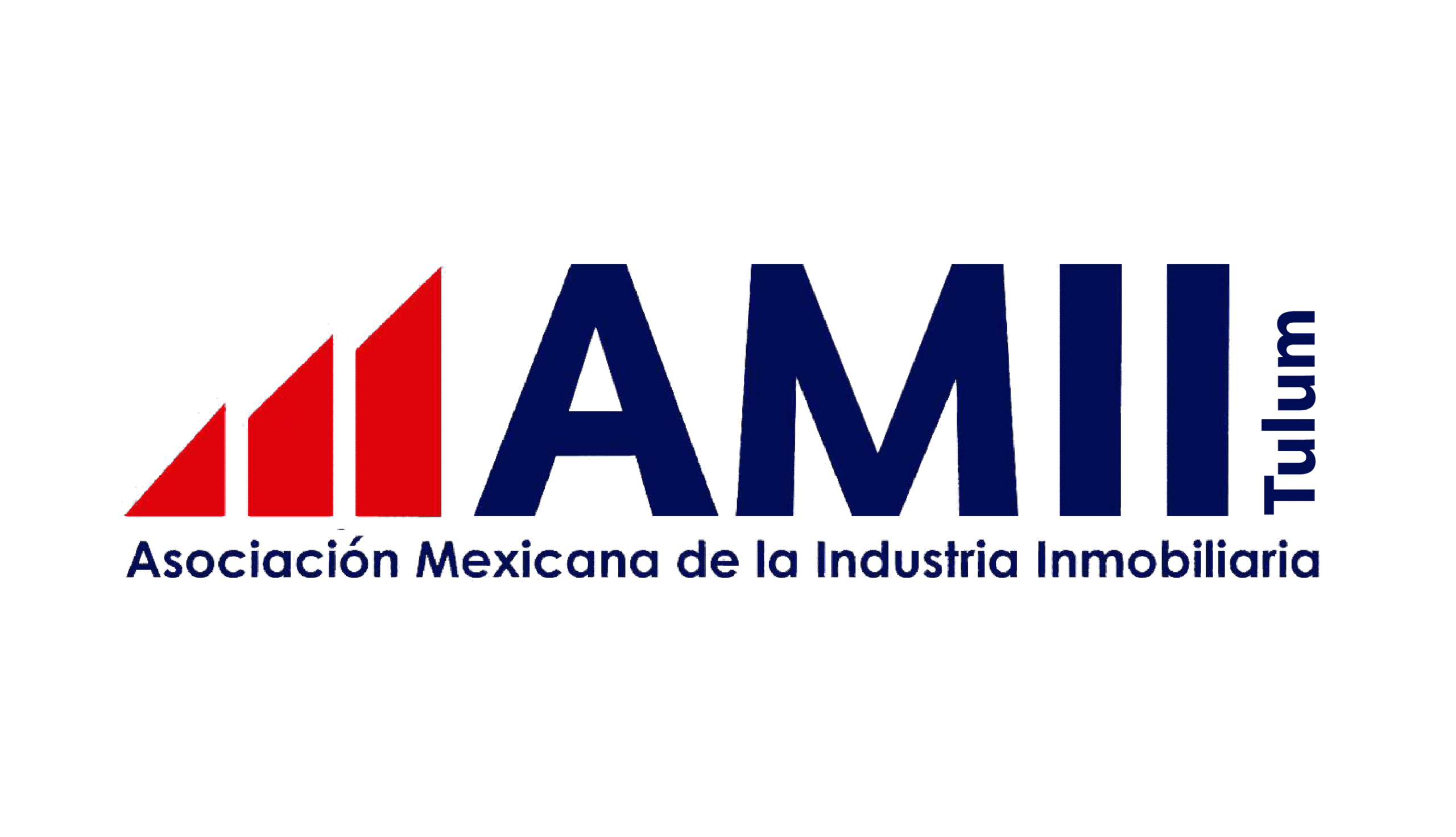Things to know when purchasing property in Riviera Maya
Is it safe for Foreigners to buy land in Mexico?
The fideicomiso structure provides legal protection to foreign investors, safeguarding their property rights in Mexico.
The trust agreement is executed before a Mexican Notary Public and registered at the Public Registry of Property, providing irrefutable evidence of the foreign investor’s ownership
This legal framework offers certainty and protection against potential disputes, ensuring that the property is duly recognized and respected under Mexican law.
What is the property acquisition process in Mexico?
Signature of intention letter.
Signature of the private purchase agreement with the developer.
Term of construction and periodic payments (In case of presale).
Establishing of a trust (A month before the delivery date).
Notarized signature of the deed/property title.
Delivery of the property.
Registration of the public deed and delivery of the property title to the client.
What does Due Diligence consist of?
Due diligence is a crucial process in real estate transactions. It involves a thorough investigation and analysis of the property’s legal, financial, and physical aspects to ensure that the transaction is well-informed and secure.
During due diligence, we meticulously examine the property’s title deeds, land use permits, zoning regulations, and any encumbrances or liens that might affect the property’s ownership. Additionally, we’d review the property’s history of taxes, outstanding bills, and any potential legal disputes related to the property.
What is the role of the Public Registry of Property and Commerce?
This institution serves as an official record-keeping entity that maintains a database of real estate transactions and legal information related to properties.
For buyers, consulting the Registry is a fundamental step during due diligence. It allows them to confirm the property’s rightful owner, verify the accuracy of property boundaries, and assess any existing claims or debts against the property. This helps prevent unforeseen legal disputes or financial obligations after the purchase.
Sellers benefit from the Registry as well. It aids in establishing their legal ownership and can be used to provide potential buyers with clear, verified information about the property. This transparency can increase buyer confidence and expedite the sales process.
Its role in maintaining accurate, accessible, and reliable property records contributes to the overall legal security and efficiency of real estate transactions.
Who Participates in Mexican Real Estate Transactions?
Key players include the Real Estate agent/broker, buyer’s attorney, seller, and Public Notary.
It’s highly recommended to hire a Real Estate attorney, because their expertise in the matter enables them to identify potential legal pitfalls and develop strategies to mitigate those risks, protecting your investment and interests.
What is the role of Public Notaries (Notarios Públicos) in Real Estate?
Their role and importance extend beyond what a notary typically does in other jurisdictions. In Mexico, Notaries are legal professionals with extensive authority and responsibilities.
Their role encompasses various key tasks:
Drafting Official Documents: Notaries are responsible for creating the official sales contract (escritura pública) that outlines the terms and conditions of the property transaction. This document serves as a legally binding agreement between the parties.
Verifying Legal Compliance: Notaries ensure that the property’s legal status, ownership history, and any existing liens or encumbrances are accurately documented and disclosed. They verify that the property is eligible for sale and that all legal requirements are met.
Registering the Transaction: Notaries are responsible for registering the sale with the Public Registry of Property and Commerce. This step is essential for transferring ownership and establishing legal security.
Tax Payment: Notaries calculate and collect the corresponding property transfer taxes and other applicable fees.
Expected Closing Costs for the parties.
These costs are associated with the finalization of the property sale and the transfer of ownership. In Mexico, these closing costs can include:
Buyer’s Closing Costs:
Notary Fees: Compensation for the Notary Public’s services, including drafting the sales contract, verifying legal compliance, and overseeing the transfer of ownership
Transfer Taxes: Taxes imposed by the government on the transfer of property ownership. The amount varies depending on the location and the property’s value
Registry Fees: Charges associated with registering the property transfer with the Public Registry of Property and Commerce
Legal Fees: Legal services provided by attorneys or legal professionals involved in ensuring the legality and compliance of the transaction
Trust Fees: Bank trust arrangement and processing
Seller’s Closing Costs:
Capital Gains Tax: A tax on the profit made from selling the property. The rate depends on factors such as the property’s value and the duration of ownership.
Real Estate Agent’s Commission: If a real estate agent was involved in marketing and selling the property, their commission fee is typically paid by the seller.
Notary Fees: While the buyer usually covers the majority of the notary fees, the seller might also have some related costs, especially if there are legal formalities to address.
Municipal Fees: Any outstanding property taxes or municipal fees need to be settled by the seller before the transfer of ownership.
It’s important to note that the exact breakdown of these costs can vary depending on the specific location, the property’s value, and local regulations.
What kind of contracts can be executed when buying a property in Mexico?
When a real estate transaction involves a property purchase by foreigners in Mexico, several contracts and legal agreements come into play to ensure a smooth and legally compliant process.
The key contracts include:
Promissory Agreement (Promesa de Compraventa): This preliminary agreement outlines the terms and conditions of the sale. It includes details such as the purchase price, payment schedule, and any contingencies. It serves as a commitment to proceed with the transaction and may involve a deposit from the buyer to secure the property.
Sales Contract (Contrato de Compraventa): This contract formalizes the agreement between the buyer and the seller. It includes detailed terms, property description, purchase price, payment methods, and any conditions for the transfer of ownership.
Trust Agreement (Fideicomiso): Foreigners acquiring property in the restricted zone (legally within 50 kilometers of the coastline or 100 kilometers of the borders) need to establish a trust agreement through a Mexican bank, known as a “fideicomiso.” This allows them to hold and control the property while complying with constitutional restrictions.
Notarial Deed (Escritura Pública): This is the final and most crucial contract. It’s executed in the presence of a Notary Public and officially transfers ownership from the seller to the buyer. The Notarial Deed is registered with the Public Registry of Property and Commerce to establish legal ownership.
These contracts collectively ensure that the transaction adheres to Mexican law, protects the interests of both the buyer and the seller, and provides the necessary documentation for property ownership transfer and registration.
Foreign buyers should work closely with legal professionals familiar with Mexican real estate regulations to ensure that all required contracts are properly executed and understood.










